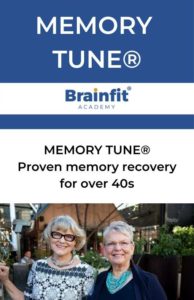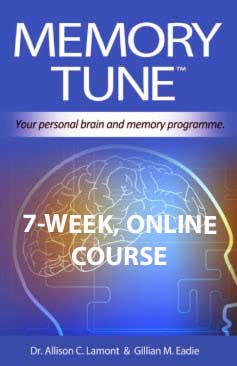 Do we remember as well now we have Google? Can you remember a time when ‘Google’ wasn’t even a word? I’ll bet your grand-kids can’t believe you’re that old! The days of dragging down encyclopaedia and large dictionaries to find an elusive fact have long gone – we just ‘Google it’.
Do we remember as well now we have Google? Can you remember a time when ‘Google’ wasn’t even a word? I’ll bet your grand-kids can’t believe you’re that old! The days of dragging down encyclopaedia and large dictionaries to find an elusive fact have long gone – we just ‘Google it’.
Have you ever wondered why people don’t seem to know much ‘general knowledge’ these days? You are not the only one who wants to know why.
Researchers at Columbia University conducted an experiment to find out if people remembered the information they looked up on Google, in the same way as students recall facts they believe will be in a test.
Dr. Sparrow and her collaborators, Daniel M. Wegner of Harvard and Jenny Liu of the University of Wisconsin, Madison, staged four different memory experiments. In one, participants typed 40 bits of trivia like this one – “an ostrich’s eye is bigger than its brain” — into a computer.
Half of the people thought the information would be saved in the computer; the other half thought the items they typed would be erased.
Result?
“People did not make the effort to remember when they thought they could later look up the information later”.
Does using the Internet affect what we remember?
Do YOU try to think about the answer to a question or do you go to Google to look up the answer?
Here’s the question:
Are there any countries with only one colour in their flag?
Did you think about flags — or did you want to go online to find out?
Participants in the study were asked to remember both the question itself and which of five computer folders it was saved in.
The researchers were surprised to find that people remembered the folder better than the question.
Result?
We don’t bother to remember if we know we can find the information later.
We rely on our family, friends and co-workers as well as computers and reference material to store information for us. If we know someone else (especially Google!) knows, then we don’t make the mental effort to commit the information to memory.
Dr. Sparrow concludes that human memory is adapting to new communications technology. “Google has become our primary external storage system”.
So, what does this study mean for you?
It is research-based proof of the fact that your brain needs prompting if you want to remember something without relying on Google or someone else.
Three Lessons
- Focus on information you want to remember.
- Connect the new facts to something you already know.
- Rehearse the new information. Repeat in after a few minutes, an hour later and the next day.
What can you do right now to start building a better memory?
It’s never too late to start re-growing YOUR brain connections.
The science is clear that it’s the best, non-prescription protection against memory loss.
Thousands of people have used Memory Tune – the 7-week brain training programme that comes to you by email, twice a week.






